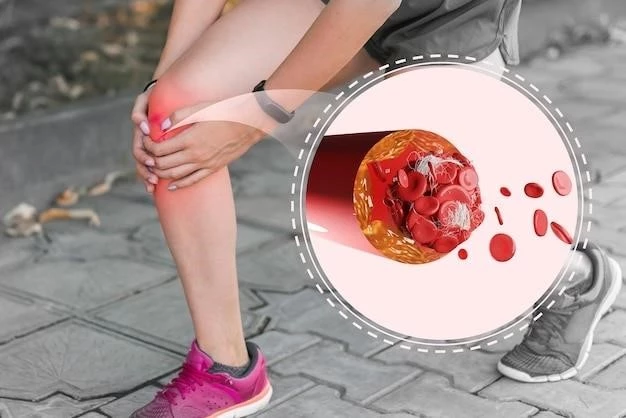Symptoms of Juvenile Arthritis
Overview of Juvenile Arthritis Symptoms
When it comes to Juvenile Arthritis, symptoms can vary widely among affected children. Common signs include joint swelling, stiffness, and pain. Some may experience fatigue, fever, and rashes. It’s crucial to consult a healthcare professional for accurate diagnosis and appropriate management.
Common Symptoms in Children with Juvenile Arthritis
In children with Juvenile Arthritis, common symptoms may include joint redness, swelling, and limited range of motion. They might also experience morning stiffness, fatigue, and difficulty with fine motor skills. Early detection and a comprehensive treatment plan are essential in managing these symptoms effectively.
Treatment Options for Juvenile Arthritis
Medications for Juvenile Arthritis
Medications play a crucial role in managing Juvenile Arthritis. Common medications include Nonsteroidal Anti-Inflammatory Drugs (NSAIDs), Disease-Modifying Antirheumatic Drugs (DMARDs), and biologics. It’s essential for healthcare providers to tailor the medication regimen to each child’s specific needs and closely monitor their response.
Physical Therapy and Exercise
Physical therapy and exercise are vital components of Juvenile Arthritis treatment. They help improve joint flexibility, muscle strength, and overall function. A tailored exercise program can reduce pain, prevent deformities, and enhance a child’s quality of life. Collaboration between healthcare professionals and physical therapists is key for optimal outcomes.
Surgery as a Treatment Option
Surgery may be considered in Juvenile Arthritis cases where conservative treatments are ineffective. Procedures like synovectomy, joint replacement, or correction of deformities aim to alleviate pain, improve mobility, and prevent further joint damage. Surgical interventions should be carefully planned, and post-operative rehabilitation is essential for successful outcomes.

Causes of Juvenile Arthritis
Genetic Factors
Genetic factors play a significant role in the development of Juvenile Arthritis. Certain genetic markers and variations can predispose children to this condition. Understanding the genetic basis of the disease is crucial for early detection, personalized treatment approaches, and ongoing research efforts to improve outcomes for affected individuals.
Environmental Triggers
Environmental triggers such as infections, pollutants, and lifestyle factors can influence the onset and progression of Juvenile Arthritis. Exposure to certain environmental agents may interact with genetic predispositions, leading to immune system dysfunction and inflammation. Identifying and minimizing these triggers is essential in managing the disease and promoting overall well-being.
Juvenile Arthritis in Children
Age Range and Diagnosis
Juvenile Arthritis can affect children of all ages, with symptoms typically appearing before the age of 16. Diagnosis involves a combination of medical history, physical examination, blood tests, and imaging studies. Early and accurate diagnosis is crucial for initiating timely treatment and preventing long-term joint damage.
Impact on Growth and Development
Juvenile Arthritis can have a significant impact on a child’s growth and development. Persistent inflammation in the joints can lead to growth disturbances, affecting bone development and overall physical well-being. Early intervention, including appropriate medications and physical therapy, is essential to minimize the long-term impact on a child’s growth and development.
Managing Pain in Juvenile Arthritis
Pain Management Strategies
Effective pain management strategies for Juvenile Arthritis include a combination of medications, physical therapy, and lifestyle modifications. Nonsteroidal anti-inflammatory drugs (NSAIDs) and disease-modifying antirheumatic drugs (DMARDs) can help alleviate pain and inflammation. Additionally, exercises, heat/cold therapy, and adequate rest play a key role in managing pain and improving overall quality of life.
Psychological Support for Children
Providing psychological support for children with Juvenile Arthritis is crucial in addressing the emotional impact of the disease. Therapies such as cognitive-behavioral therapy and counseling can help children cope with stress, anxiety, and depression. Educating families and promoting a supportive environment are also important aspects of ensuring the overall well-being of children with Juvenile Arthritis.
